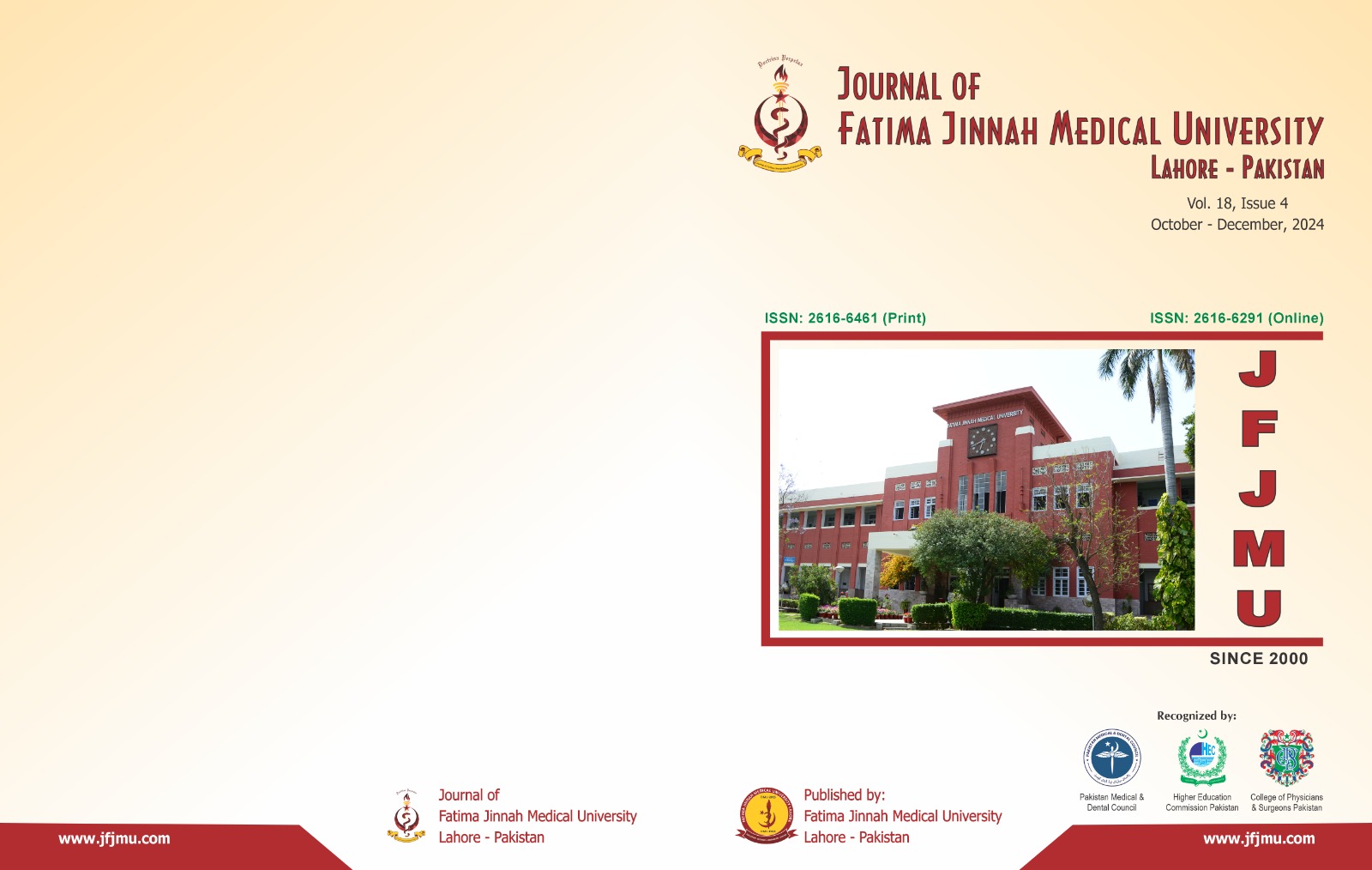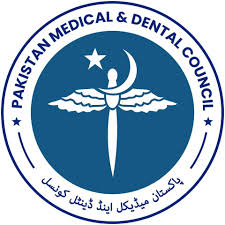AI's Transformative Impact on Healthcare and Medical Research in Pakistan
AI's Transformative Impact on Healthcare and Medical Research in Pakistan
DOI:
https://doi.org/10.37018/EDFR8542Keywords:
AI's TransformativeAbstract
Artificial intelligence (AI) has been emerged as a transformative force in the ever-evolving prospect of healthcare bringing unparalleled advancements in patient management and care.1 Rapid unfolded benefits have revolutionized the landscape of healthcare delivery system. Accuracy of diagnostics in clinical, pathological and radiological settings, remote patient monitoring, shared decision-making,1,2 precision medicine, biomedical literature, genomic, therapeutics and drug optimization, and health system management through algorithms, data analysis and predictions.2-3
What started as Enigma in 1942, was coined as ‘Artificial Intelligence in 1956 by John McCarthy in the Dartmouth Conference. However, initially it was limited to data computing and research, through neural networks and machine learning (ML), Natural Language Process (NLP), it found its way to daily lives of many through virtual assistants, such as Apple’s Siri and Amazon’s Alexa.1 Usage in health care system through automation and robotic surgery, its role in virtual health care assistant, physical and mental health support, patients’ education and mitigation of burn out in health care providers, paved the way for its generalization among end users. A recent study in the USA showed that although more than half of participants felt discomfort with care providers using AI, still 80% of them expressed their willingness to use AI-powered tools to help manage their health themselves.4

Downloads
Published
How to Cite
Issue
Section
License
The Journal of Fatima Jinnah Medical University follows the Attribution Creative Commons-Non commercial (CC BY-NC) license which allows the users to copy and redistribute the material in any medium or format, remix, transform and build upon the material. The users must give credit to the source and indicate, provide a link to the license, and indicate if changes were made. However, the CC By-NC license restricts the use of material for commercial purposes. For further details about the license please check the Creative Commons website. The editorial board of JFJMU strives hard for the authenticity and accuracy of the material published in the journal. However, findings and statements are views of the authors and do not necessarily represent views of the Editorial Board.

















